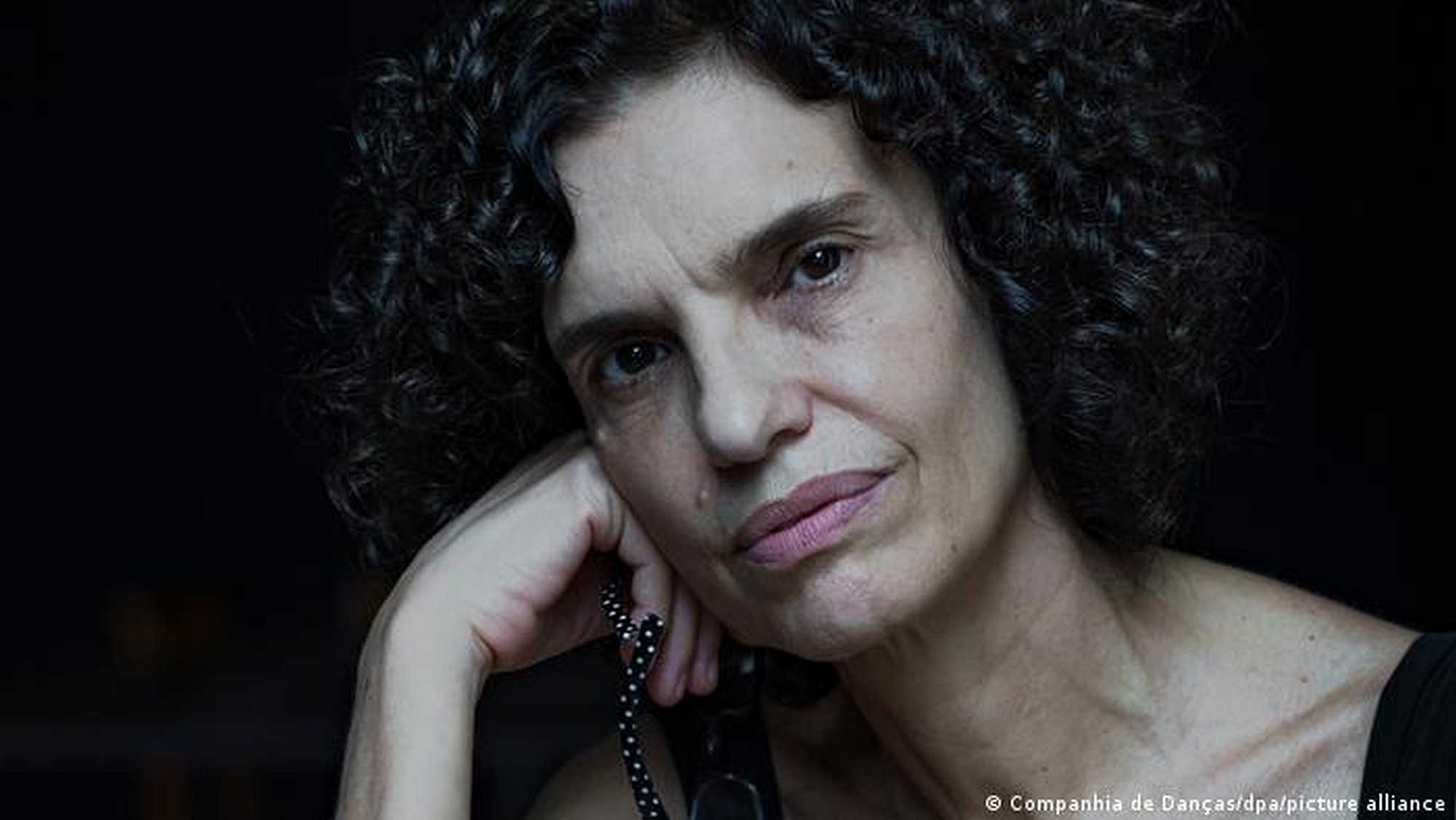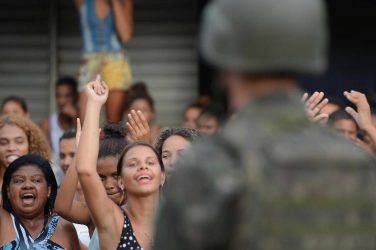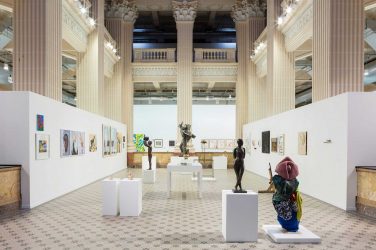With contorted faces and twitching bodies, dancers come together, push each other away, and sway while blood spurts. The movements appear like a mix of attack and defense, closeness and revulsion.
The excerpts from the dance piece Fúria by Brazilian choreographer Lia Rodrigues reveal the choreographer’s concern with strong colonial and racist distortions.
Like other countries of the so-called global south, Brazilian society is dealing with traumas resulting from colonial violence. And Rodrigues’ works taps into the ongoing pain, anger and powerlessness.
Wounds That Never Heal
“How can I show them, the realities of the insurmountable barriers of inequality?” the choreographer asks in a 2016 film clip. “They are like wounds that never heal. Open and full of pus.”
Racism, violence, power and powerlessness are not the only themes that Lia Rodrigues deals with in her pieces. She also makes a statement about breaking down barriers in dance through her choice of collaborators: people of the most diverse origins, genders, and body shapes work in her company.
Bringing Dance to the Slums
Lia Rodrigues was born in São Paulo, Brazil in 1956. After training in classical ballet, she danced with various companies in Brazil and France.
She founded the Lia Rodrigues Companhia de Danças in Rio de Janeiro in 1990. It was initially for classical dancers trained at the academies. But in 2004, she opened the company to talented dancers from the favelas, the Brazilian slums.
Right on the edge of the Favela da Maré in Rio de Janeiro, Rodriguez initiated the Centro de Artes da Maré and the Free School of Dance in 2009, where dancers have trained and rehearsed together ever since. She is also interested in giving young people — who otherwise would not have had the opportunity — access to the field of dance and a way off the streets.
Welcome Financial Support
Lia Rodrigues’ pieces have had an impact far beyond South America and have been staged many times in Europe. She has particularly close ties with France.
The artist and her group have followed the election and leadership of Brazilian President Jair Bolsonaro with great concern. Many of the already rare cultural subsidies have been canceled without replacement since 2019. Rodrigues’ company has since been financed almost exclusively by European funding.
The COVID pandemic has hit Brazil hard, especially the favelas, affecting Rodrigues’ dance company as well.
Rodrigues’ last project, Nororoca, premiered in January 2020 but has been on hold since. It is a further development of Rodrigues’ 2009 piece, Pororoca, now performed by the white dancers of the Norwegian Carte Blanche dance company. It will be shown in Paris in November.
Rodrigues has now received the German Bishops’ Conference and the Central Committee of German Catholics’ Art and Culture Award on September 28.
Endowed with prize money of € 25,000 (US$ 29,235), the award has been presented every two to four years since its inception in 1990. It is the German Catholic Church’s highest honor in the cultural sector.
“This prize money can help the Companhia make up for several canceled international performances and prepare new productions for the time after,” says Rodrigues, who is the second woman to be honored with the award, following the selection of German screenwriter Ursula Ehler-Dorst in 2008.
DW












